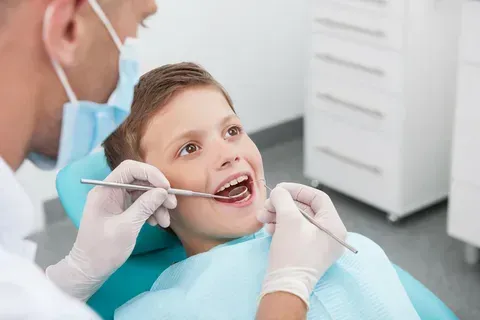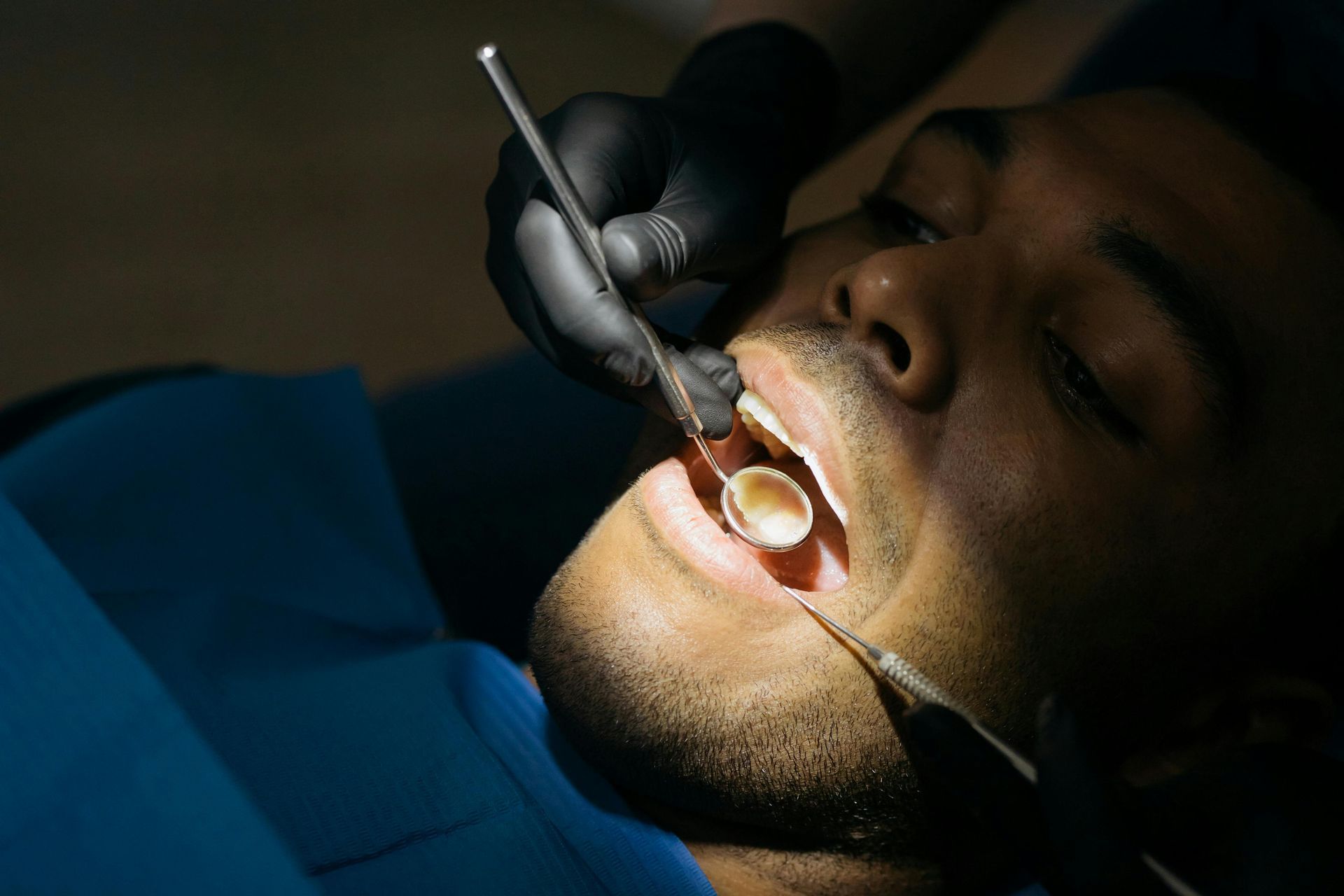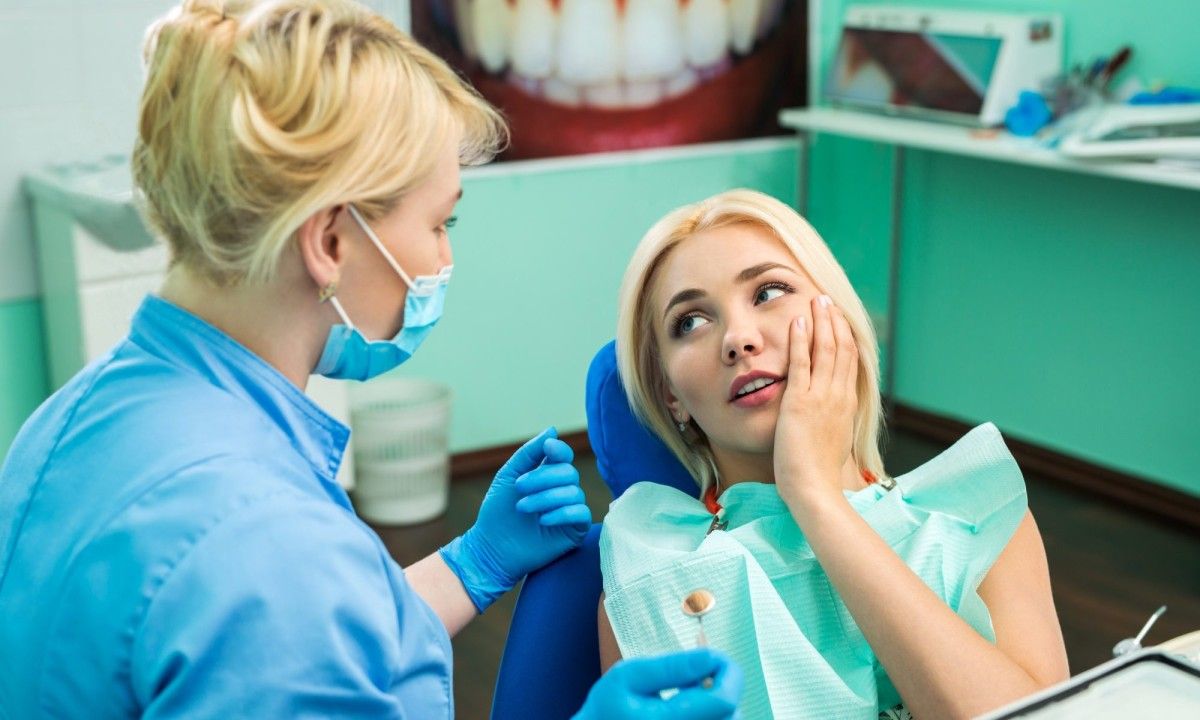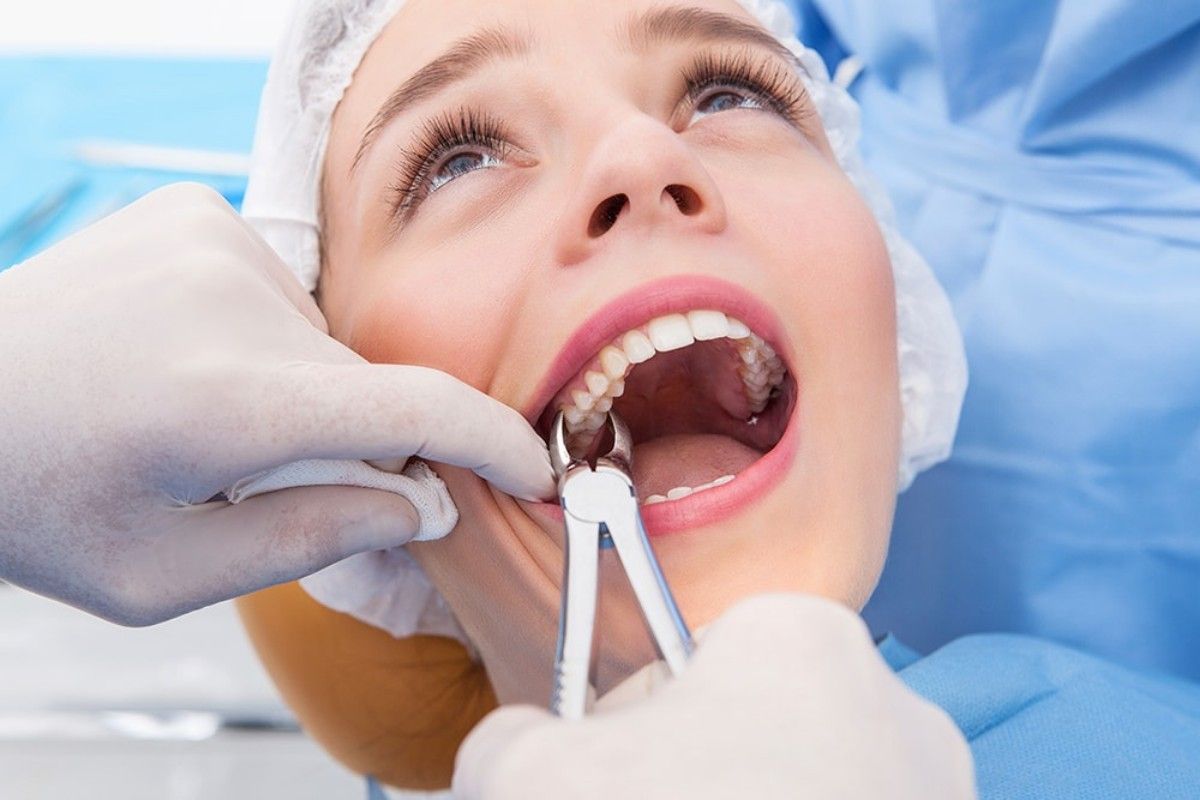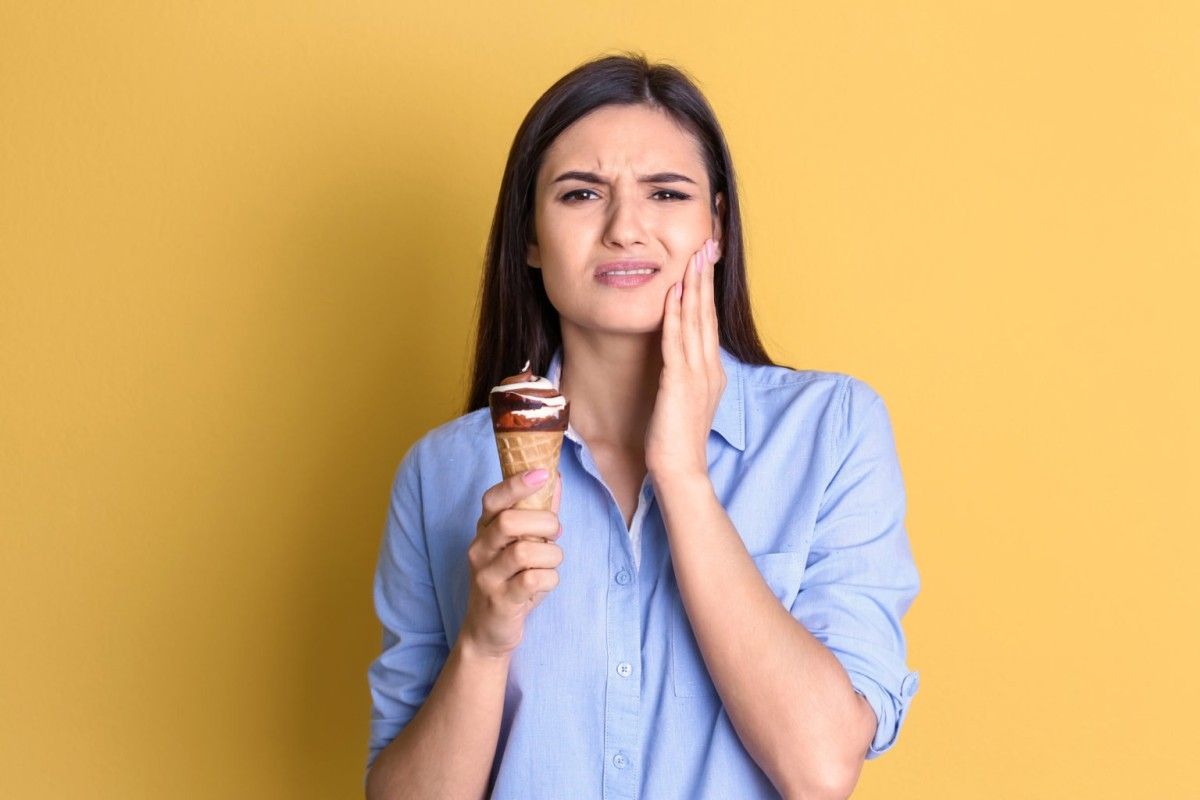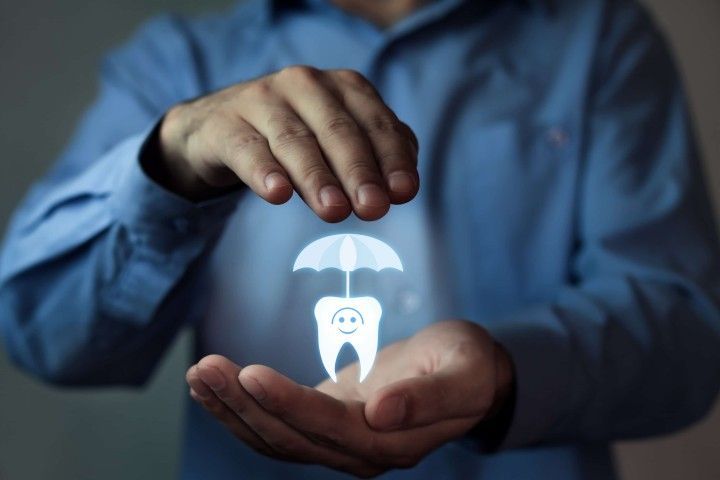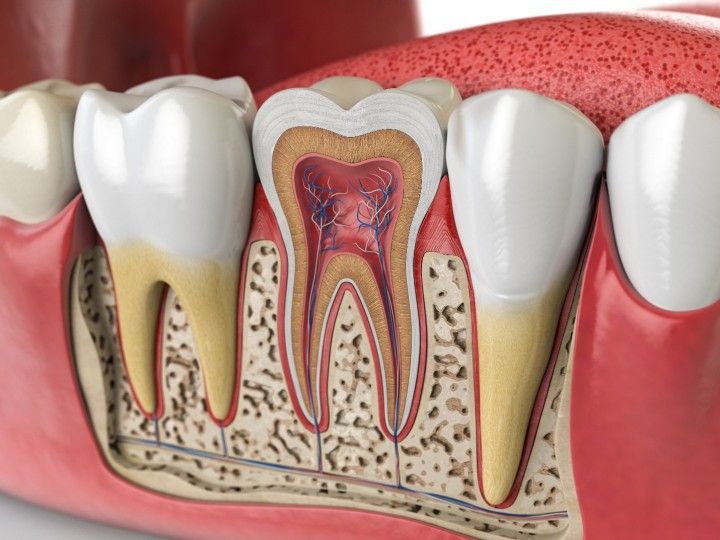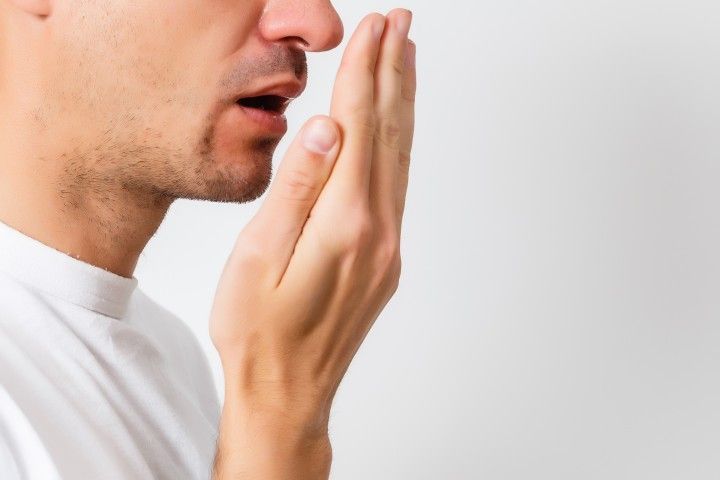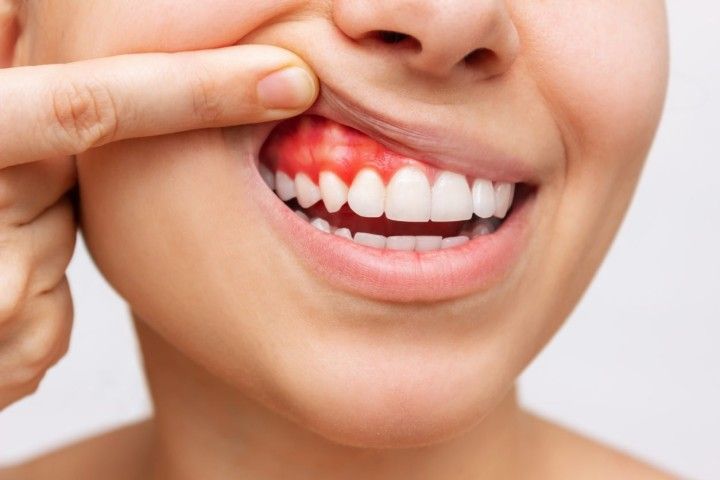The Pros and Cons of Wearing a Nightguard: A Dentist's Perspective
Introduction
Nightguards have become increasingly popular in recent years for their role in protecting teeth from nighttime grinding and clenching, medically known as bruxism. Dentists often recommend nightguards to patients experiencing these issues to prevent damage to the teeth and alleviate associated symptoms. However, like any medical intervention, nightguards come with both advantages and disadvantages. In this comprehensive article, we will explore the pros and cons of wearing a nightguard, helping you make an informed decision about whether a nightguard is right for you.
The Pros of Wearing a Nightguard
- Protection against Tooth Damage
One of the primary benefits of wearing a nightguard is the protection it offers against tooth damage caused by bruxism. Bruxism can result in various dental issues, such as chipped, cracked, or worn-down teeth. By providing a barrier between the upper and lower teeth, nightguards prevent direct contact during grinding, thus reducing the risk of tooth damage.
- Alleviation of Jaw Pain and Discomfort
Bruxism is often accompanied by jaw pain, headaches, and facial discomfort. Nightguards help alleviate these symptoms by reducing the pressure and strain on the jaw joints (temporomandibular joints or TMJs). This relief can significantly improve your quality of life, making it easier to sleep soundly and wake up without discomfort.
- Prevention of Gum Recession
Excessive teeth grinding can lead to gum recession, as the constant pressure and friction can cause the gum tissues to recede, exposing the tooth's sensitive roots. Nightguards act as a protective barrier, reducing the impact of grinding and helping to prevent gum recession over time.
- Preservation of Dental Work
For individuals with dental restorations such as crowns, bridges, or veneers, nightguards offer an added layer of protection. These restorations can be vulnerable to damage from bruxism, and a nightguard can help prolong their lifespan and reduce the need for expensive repairs or replacements.
- Improved Sleep Quality
Bruxism can disrupt sleep patterns and prevent restful sleep. By using a nightguard, you can minimize the noise associated with teeth grinding, allowing both you and your partner to enjoy a more peaceful night's sleep. Improved sleep quality can have a positive impact on overall health and well-being.
- Lower Dental Costs
Over time, untreated bruxism can lead to extensive dental problems that require costly treatments. By investing in a nightguard, you can prevent these issues from developing or worsening, potentially saving you money on dental bills in the long run.
The Cons of Wearing a Nightguard
- Initial Discomfort
One of the most common drawbacks of wearing a nightguard is the initial discomfort some individuals may experience. Nightguards are custom-fitted to your teeth, but it can take time to adjust to wearing them while sleeping. Some people may find it difficult to sleep comfortably with a foreign object in their mouth initially.
- Maintenance and Cleaning
Nightguards require regular cleaning to prevent the buildup of bacteria and odors. Failing to clean your nightguard properly can lead to unpleasant tastes, odors, and potential oral health issues. This additional maintenance can be considered a drawback, especially for those with busy lifestyles.
- Speech Impairment
During the initial adjustment period, some individuals may experience speech difficulties while wearing a nightguard. Speaking clearly may be challenging, leading to potential embarrassment or discomfort, especially in social situations.
- Cost
Custom-fitted nightguards, prescribed by a dentist, can be more expensive than over-the-counter (OTC) options. However, OTC nightguards may not provide the same level of protection and comfort as professionally crafted ones, potentially negating cost savings in the long term if dental issues arise.
- Discomfort Due to Poor Fit
Although custom nightguards are designed to fit your teeth precisely, there is still a possibility of discomfort if the fit is not perfect. A poorly fitting nightguard can cause sore spots, gum irritation, or even exacerbate existing dental problems.
- Difficulty for Mouth Breathers
Individuals who primarily breathe through their mouths, especially those with allergies or respiratory issues, may find nightguards less comfortable to wear. Breathing difficulties may lead to interrupted sleep and discomfort.
Choosing the Right Nightguard
Given the pros and cons discussed above, selecting the right nightguard for your specific needs is crucial. Here are some considerations to help you make an informed decision:
- Consult with Your Dentist: A dental professional can evaluate your specific situation and recommend the most suitable type of nightguard, whether it's a custom-fitted one or an OTC option.
- Budget Considerations: Assess your budget and willingness to invest in your oral health. While custom nightguards are more expensive upfront, they may offer superior comfort and protection over time.
- Lifestyle and Comfort: Consider your lifestyle, including speech demands and breathing habits, when choosing a nightguard. Discuss any concerns with your dentist to find a solution that aligns with your comfort and lifestyle.
- Maintenance Commitment: Be prepared for regular cleaning and maintenance if you opt for a nightguard. Proper care ensures the longevity of the device and prevents potential oral health issues.
- Monitoring Progress: Periodically check with your dentist to evaluate the effectiveness of your nightguard in addressing your bruxism and any associated symptoms. Adjustments or replacements may be necessary over time.
Conclusion
Nightguards can be a valuable tool in protecting your teeth, alleviating discomfort, and improving your overall quality of life if you suffer from bruxism. However, it's essential to weigh the pros and cons carefully and consult with dentist alice springs to determine the most suitable option for your needs.
While nightguards may have some initial drawbacks, their long-term benefits in preventing tooth damage, alleviating pain, and potentially saving on dental costs make them a worthwhile consideration for individuals dealing with bruxism. With proper care and professional guidance, nightguards can help you achieve a healthier, more comfortable, and restful night's sleep.
